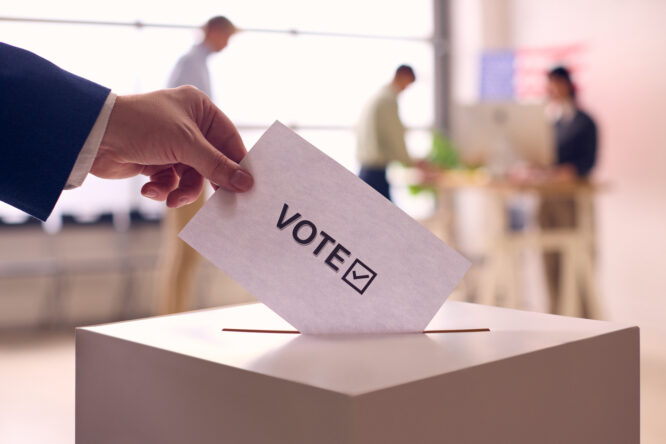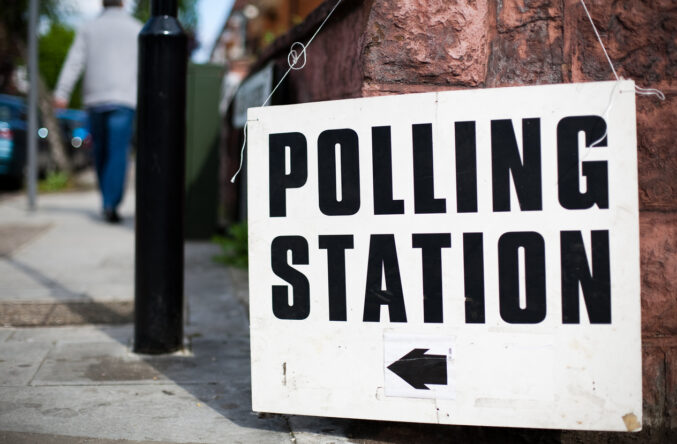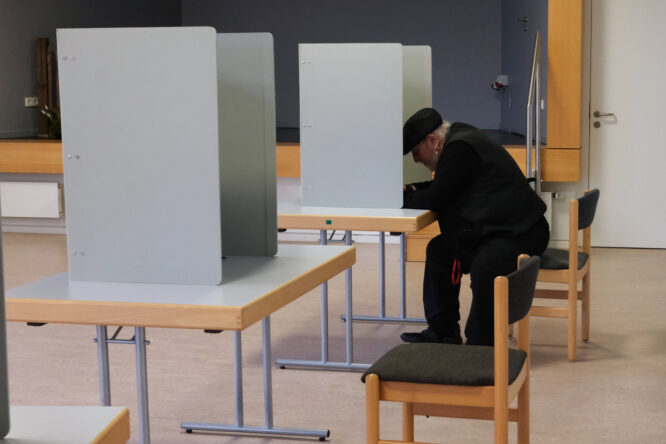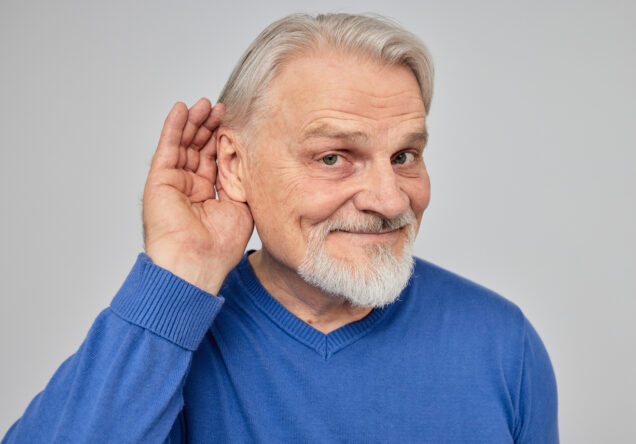It’s one of the most baffling things to watch: someone who clearly stands to lose from a certain policy or party, passionately supporting it anyway.

We’ve seen it most recently in the US, where many who voted for Donald Trump suddenly regret their decision, as their lives have got much worse in the period of a few short months. You might assume people always vote based on what benefits them most, but real-life voting rarely works that cleanly. Beliefs, identity, and psychology all play huge roles. Here are just some of the reasons people so often vote in ways that don’t actually serve their own interests.
1. Identity feels more powerful than policy.

When people vote, they’re not just picking a plan—they’re aligning with a group. For many, that group identity (like being a “conservative,” a “working man,” or a “real patriot”) feels more important than the practical outcomes of their vote. They may even vote against their own financial or healthcare interests to stay loyal to the identity they’ve built. It’s not always about logic—it’s about belonging, and that’s a strong motivator.
2. Fear often overrides facts.

Scare tactics work. Whether it’s fear of crime, immigration, or economic collapse, people are more likely to vote based on what they’re afraid might happen than what’s already happening. Even if the fear isn’t rooted in reality, it creates urgency. If someone believes something dangerous is looming, they’ll support whoever claims to be the strongest protector, even if that protection costs them rights or resources in the long run.
3. Some people don’t believe they’ll ever benefit anyway.

When you’ve grown up being told the system isn’t for you, it’s easy to lose hope that any policy will actually help. Some voters don’t back the candidate who would benefit them because they’ve stopped believing change is even possible. They might vote emotionally or not at all. Or, they might pick a candidate based on personality rather than policy—because in their minds, it’s all just noise that won’t reach them anyway.
4. Social pressure definitely shapes choices.

People don’t vote in a vacuum. Friends, family, coworkers, and even online communities influence how they think. Sometimes, it’s just easier to adopt the dominant view around you than risk conflict or isolation. This is especially true in smaller communities or close-knit circles, where voting differently can make you feel like an outsider. The need to stay connected can outweigh the desire to vote in line with your personal needs.
5. Media bubbles distort the stakes.

When all your information comes from one source, your view of reality narrows. Some media outlets are designed to stoke outrage or manipulate facts, making it hard to tell what’s really going on. If your go-to news tells you a certain policy will destroy your way of life, even if it would actually help you, you’ll probably believe it. Voting decisions are only as good as the information people are getting.
6. Emotion usually beats logic in the ballot box.

People like to believe they’re voting rationally, but research shows emotions play a huge role. Pride, resentment, hope, anger—these shape choices more than policy plans or spreadsheets ever could. Someone might vote for a candidate just because they feel strong, confident, or relatable, even if their actual plans would hurt that voter financially or socially. The emotional pull is powerful and often overlooked.
7. Cultural values can outweigh practical needs.

In many places, cultural beliefs—about religion, gender roles, tradition, or the “right” way to live—matter more than personal gain. A voter might oppose policies that help them if they clash with their moral or cultural worldview. This is how people can vote against things like healthcare expansion, despite needing coverage—because the policy feels tied to ideas they disagree with. For some, principle outweighs comfort.
8. Misinformation spreads fast, and sticks.

Once someone hears a false claim enough times, it starts to feel true. Political misinformation spreads quickly, especially on social media, and it can be hard to undo once it takes root. This leads to people voting based on completely false ideas—like believing a policy does the opposite of what it actually does. Even corrections don’t always break through the emotional hold misinformation can create.
9. People confuse short-term feelings with long-term outcomes.

Some voting decisions are based on how someone feels in the moment—not on what a policy will mean in five or ten years. Anger, pride, or even spite can feel more urgent than future stability. It’s common for people to vote against a party or candidate they dislike personally, even if the alternative will hurt them more. When emotions run high, future consequences can feel abstract.
10. Symbolic wins feel more real than material ones.

Voters often support candidates who “speak for them,” even if they don’t deliver on policy. Just hearing someone echo your frustration can feel like a win, even if nothing changes afterward. The symbolic connection can outweigh practical progress. If a leader makes someone feel seen or validated, they might keep supporting them, regardless of how their actual life has been affected.
11. People think they’re voting for what they’ll become.

Some people vote based on who they hope to be, not who they are. They’ll support tax cuts for the wealthy even if they’re struggling financially—because they believe they might be rich one day, and they want the system to favour that future self. It’s aspirational voting, and it plays into the belief that success is just around the corner. Unfortunately, it often leads to policies that make upward mobility harder for most people.
12. Distrust in the government leads to cynical voting.

When people stop believing the government can actually help them, they may start voting to “shake things up” instead. This often means backing candidates who promise to dismantle systems, even if those systems are the only ones keeping things running. Voting becomes less about support and more about disruption. While that feels empowering in the moment, it can lead to even more dysfunction, especially for the very people who needed support the most.
13. Many don’t fully understand the policies they’re voting on.

Political language can be confusing on purpose. It’s full of jargon, spin, and vague promises. Unless someone has time, interest, or access to clear explanations, it’s easy to misread what policies actually mean.
This leaves people making choices based on slogans rather than substance. They might back something that sounds good without knowing it cuts the very services they rely on. It’s not ignorance, necessarily. It’s a system that doesn’t always want people to dig deeper.
14. Voting often becomes about values, not benefits.

For many, voting isn’t a transaction—it’s a statement. They’re not just thinking about what they’ll get, but about what kind of world they want to live in, or what kind of person they want to be.
This means people will often vote for something that aligns with their values, even if it’s not in their direct interest. In some cases, that’s admirable. In others, it leads people to support things that end up harming their communities. Either way, it shows how complex and emotional voting really is.




